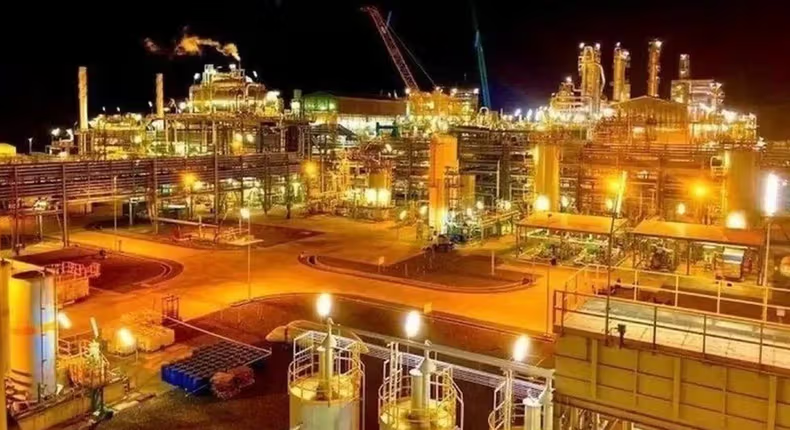Adedeji highlighted that the pressure on Nigeria’s foreign exchange reserves could be significantly reduced if sales of crude oil to the Dangote Refinery are conducted using local currency.
The $20 billion Dangote Refinery, with a daily capacity of 650,000 barrels, is set to enhance Nigeria’s foreign exchange position. The project is anticipated to alleviate foreign exchange pressure considerably if crude oil transactions are primarily in local currency.
Industry experts believe the refinery will meet the entirety of Nigeria’s refined petroleum product needs, with surplus production available for export. Additionally, the refinery is expected to generate employment, improve fuel supply across Africa, and boost Nigeria’s foreign exchange earnings by exporting 40% of its products.
Viewed as transformative for Nigeria’s economy and the broader African petroleum market, this significant investment is poised to strengthen the Naira, which has been struggling against the dollar. The project, inaugurated by former President Muhammadu Buhari on May 22, 2023, is seen as a major achievement for the Nigerian government, aimed at reducing dependence on fuel imports and conserving foreign exchange.
Zacch Adedeji, the Executive Chairman of the Federal Internal Revenue Service (FIRS), emphasized that the use of local currency for crude oil transactions would be a game-changer for the foreign exchange market, potentially saving Nigeria $7.32 billion annually. This would represent a 94% reduction in current foreign exchange expenditure on petrol imports.
Supporting Adedeji, oil and gas consultant Demola Adigun described the Dangote Refinery as a national asset that should be supported to maximize its efficiency. He recommended that the government ensure the refinery’s products are purchased domestically and support the development of the host community through necessary infrastructure.
Rabiu Bello, Senior Independent Non-Executive Director at Seplat Energy Plc., also praised the refinery, calling it a significant advancement for Nigeria’s Midstream and Downstream Petroleum sectors. Bello emphasized the need for strategic partnerships and guaranteed crude supplies to ensure the refinery’s sustainable operation and maximize its value.
Bello stressed that the government should treat all domestic refineries equally, providing them with guaranteed crude supplies based on their efficiency. He highlighted that with efficient operation, Nigeria could begin exporting excess products such as diesel and kerosene, contributing to economic growth.
In summary, the Dangote Refinery is expected to deliver numerous benefits, including lower product costs, job creation, import substitution, export earnings, and overall economic growth.
